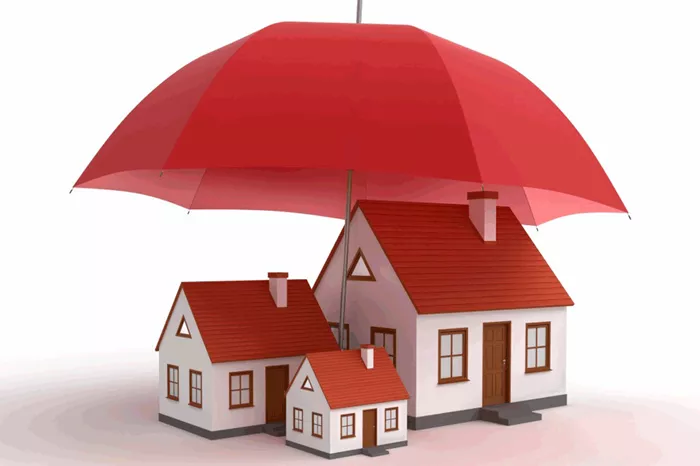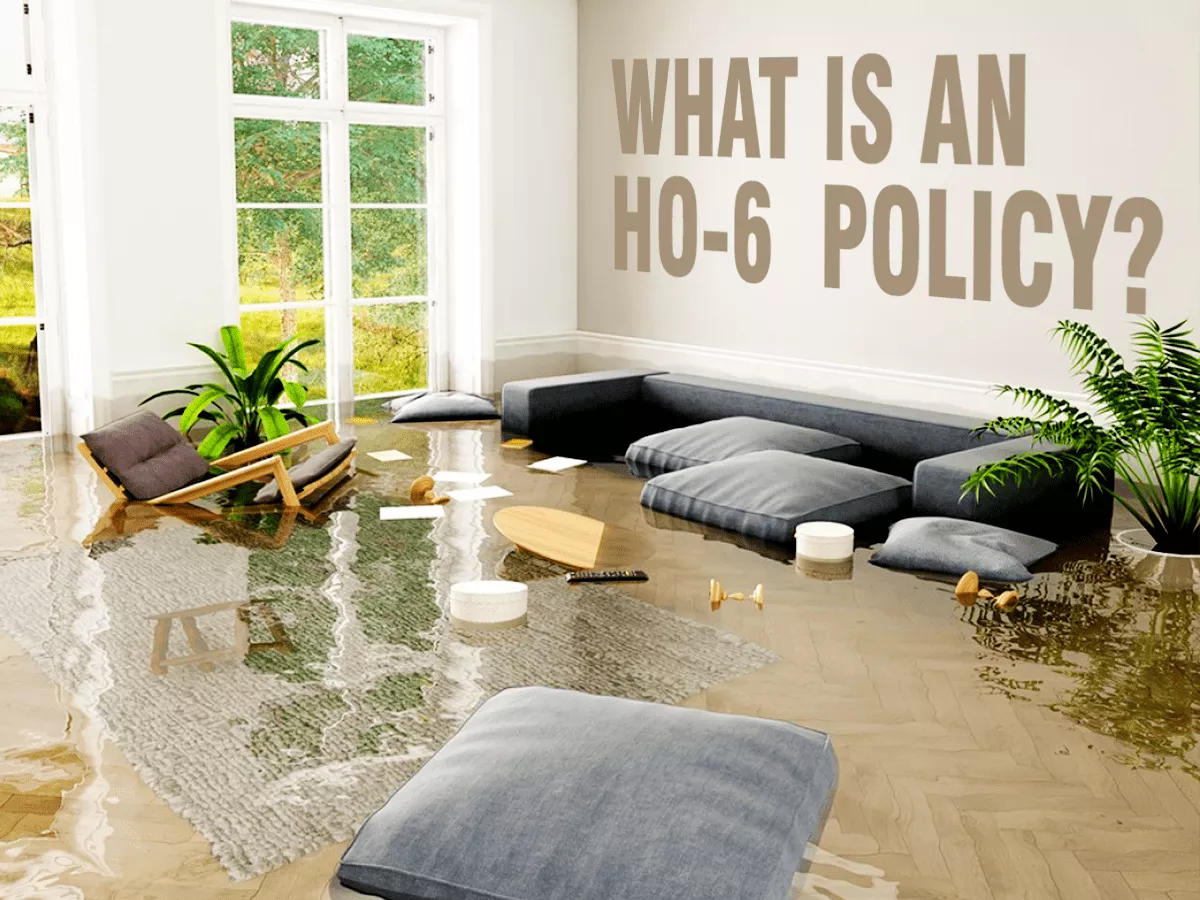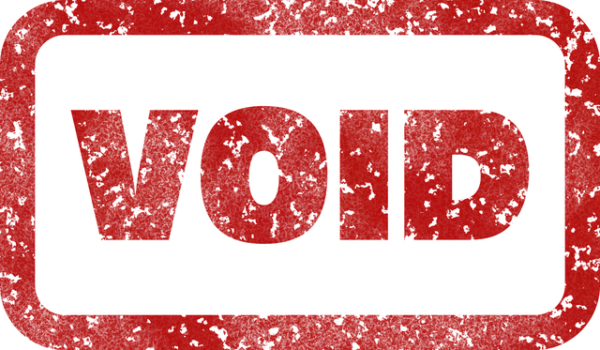Homeowners insurance is an essential safeguard for one of your most significant investments—your home. Understanding the intricacies of homeowners insurance can be daunting, but asking the right questions can help you make informed decisions. In this comprehensive guide, we will explore the top 8 questions to ask about homeowners insurance, ensuring you have the knowledge to protect your property effectively.
1. What Does Homeowners Insurance Cover?
Homeowners insurance typically covers damage to your home and personal property due to unforeseen events, liability for accidents that occur on your property, and additional living expenses if your home becomes temporarily uninhabitable. However, the specifics of coverage can vary widely depending on the policy and the insurer.
Dwelling Coverage
This component covers the structure of your home, including walls, roof, and foundation, against perils such as fire, windstorms, hail, and vandalism. It’s crucial to ensure that your dwelling coverage amount is sufficient to rebuild your home in case of a total loss.
Personal Property Coverage
Personal property coverage protects your belongings, such as furniture, clothing, and electronics, from theft, damage, or loss due to covered perils. This coverage can be based on the actual cash value or replacement cost of the items.
Liability Protection
Liability protection covers you against lawsuits for bodily injury or property damage that you or family members cause to others. It also covers damage caused by pets. This includes legal fees, medical payments, and settlements.
Additional Living Expenses (ALE)
If your home is damaged by a covered event and you need to live elsewhere temporarily, ALE covers the additional costs of living, such as hotel bills, restaurant meals, and other expenses.
2. What Are the Different Types of Homeowners Insurance Policies?
Homeowners insurance policies come in various forms, known as HO policies, each providing different levels of protection. Understanding these types can help you choose the best policy for your needs.
HO-1: Basic Form
The HO-1 policy is the most basic and least common type of homeowners insurance. It provides coverage for a limited number of perils, including fire, lightning, windstorms, hail, and theft.
HO-2: Broad Form
The HO-2 policy offers broader coverage than HO-1, covering more perils, such as falling objects, the weight of ice or snow, and damage from electrical surges.
HO-3: Special Form
The HO-3 policy is the most common type of homeowners insurance. It provides comprehensive coverage for the dwelling and other structures on an open-peril basis, meaning it covers all perils except those specifically excluded. Personal property is covered on a named-peril basis.
HO-4: Renters Insurance
The HO-4 policy is designed for tenants. It covers personal property and liability but does not include coverage for the dwelling itself.
HO-5: Comprehensive Form
The HO-5 policy offers the highest level of coverage. It provides open-peril coverage for both the dwelling and personal property, ensuring extensive protection against various risks.
HO-6: Condo Insurance
The HO-6 policy is tailored for condominium owners. It covers personal property, liability, and interior improvements but not the building’s structure, which is usually covered by the condo association’s master policy.
HO-7: Mobile Home Insurance
The HO-7 policy provides coverage for mobile or manufactured homes, similar to the HO-3 policy but adapted for the unique needs of mobile homeowners.
HO-8: Older Home Insurance
The HO-8 policy is designed for older homes where the replacement cost of the dwelling exceeds the market value. It covers the same perils as the HO-1 policy but is tailored to meet the needs of older properties.
3. How Much Coverage Do I Need?
Determining the right amount of coverage for your home and belongings is crucial. Inadequate coverage can leave you financially vulnerable, while excessive coverage may lead to higher premiums. Consider the following factors when assessing your coverage needs:
Replacement Cost vs. Actual Cash Value
Replacement cost coverage pays to rebuild your home or replace your belongings without deducting for depreciation, ensuring you can restore your property to its original condition. Actual cash value coverage, on the other hand, pays the depreciated value of your home or belongings, which may not be sufficient to fully cover your losses.
Home Value and Reconstruction Costs
Ensure your dwelling coverage is based on the current reconstruction cost of your home, not its market value. Reconstruction costs can vary significantly based on local building costs, materials, and labor.
Personal Property Inventory
Conduct a thorough inventory of your personal belongings to determine their total value. This helps ensure you have adequate personal property coverage and can expedite the claims process in case of a loss.
Liability Limits
Evaluate your liability coverage to ensure it is sufficient to protect your assets in the event of a lawsuit. Consider factors such as your net worth, income, and potential risks associated with owning a home.
4. What Are the Policy Exclusions?
Understanding what your homeowners insurance policy does not cover is as important as knowing what it does cover. Common exclusions can include:
Flood and Earthquake Damage
Standard homeowners insurance policies typically exclude coverage for flood and earthquake damage. These perils require separate policies or endorsements.
Maintenance-Related Issues
Damage resulting from neglect, wear and tear, or lack of maintenance is generally not covered. Regular upkeep of your home is essential to prevent avoidable damages.
High-Risk Items
Certain high-value items, such as jewelry, artwork, and collectibles, may have limited coverage under standard policies. You may need to purchase additional endorsements or riders to fully protect these items.
Intentional Acts
Damage caused by intentional acts or criminal activities is excluded from coverage. Insurance is designed to cover accidental losses, not deliberate damage.
See Also: Do I Really Need Homeowners Insurance?
5. How Are Claims Handled?
The claims process can significantly impact your experience with homeowners insurance. Understanding how claims are handled can help you navigate the process more smoothly:
Filing a Claim
Report the loss to your insurer as soon as possible. Provide detailed information about the incident, including photos, receipts, and a list of damaged or stolen items.
Claim Investigation
An adjuster will be assigned to investigate your claim. They will assess the damage, estimate repair costs, and determine the extent of coverage based on your policy terms.
Settlement Process
Once the investigation is complete, the insurer will offer a settlement based on the adjuster’s findings. Review the settlement offer carefully and negotiate if necessary to ensure you receive fair compensation.
Dispute Resolution
If you disagree with the settlement offer, you can dispute the decision through various means, such as mediation, appraisal, or legal action. Understanding your rights and options can help you achieve a satisfactory resolution.
6. What Discounts Are Available?
Insurers offer various discounts that can help reduce your homeowners insurance premiums. Exploring available discounts can lead to significant savings:
Bundling Policies
Many insurers offer discounts for bundling multiple policies, such as homeowners and auto insurance, with the same company.
Home Security Systems
Installing security systems, smoke detectors, and fire alarms can reduce your premiums by lowering the risk of theft and fire.
Claims-Free Discount
Maintaining a claims-free history for a certain period can qualify you for discounts, as it indicates a lower risk to the insurer.
Loyalty Discounts
Staying with the same insurer for an extended period can earn you loyalty discounts, rewarding your long-term relationship.
New Home Discount
Purchasing a newly built home can qualify you for discounts, as newer homes typically have fewer risks and modern safety features.
Renovations and Upgrades
Upgrading your home’s electrical, plumbing, or heating systems can reduce premiums by mitigating potential hazards.
7. How Can I Save on Premiums?
In addition to discounts, there are other strategies to save on homeowners insurance premiums without compromising coverage:
Increase Deductibles
Choosing a higher deductible can lower your premiums. Ensure you have sufficient savings to cover the deductible in case of a claim.
Shop Around
Compare quotes from multiple insurers to find the best coverage at the most competitive rates. Consider factors such as customer service, claims handling, and financial stability.
Improve Home Safety
Implement safety measures, such as reinforcing your roof, installing storm shutters, or adding a backup generator. These improvements can lower your risk profile and reduce premiums.
Review and Update Coverage
Regularly review your policy to ensure it reflects current home values, personal property, and potential risks. Adjust coverage as needed to avoid paying for unnecessary or outdated protection.
8. What Are the Insurer’s Financial Strength and Reputation?
Choosing a reputable and financially stable insurer is crucial for reliable coverage and claims handling. Consider the following factors when evaluating insurers:
Financial Strength Ratings
Check the financial strength ratings of insurers from independent rating agencies such as A.M. Best, Standard & Poor’s, and Moody’s. Strong ratings indicate the insurer’s ability to meet its financial obligations.
Customer Reviews and Complaints
Research customer reviews and complaints to gauge the insurer’s reputation for customer service, claims handling, and overall satisfaction. Look for patterns of consistent issues or positive experiences.
Industry Experience
Consider the insurer’s experience and expertise in the homeowners insurance market. Established companies with a long history in the industry are often more reliable and knowledgeable.
State Insurance Department
Consult your state’s insurance department for information on insurers’ licensing, financial health, and any disciplinary actions. This can provide valuable insights into the insurer’s reliability and compliance with regulations.
Conclusion
Homeowners insurance is a critical component of protecting your most valuable asset. By asking the right questions and thoroughly understanding your policy, you can ensure you have the appropriate coverage to safeguard your home and belongings. From understanding coverage options and exclusions to exploring discounts and evaluating insurers, this guide provides a comprehensive overview of the key considerations for homeowners insurance. Taking the time to research and ask these essential questions will empower you to make informed decisions and secure the best possible protection for your home.






















